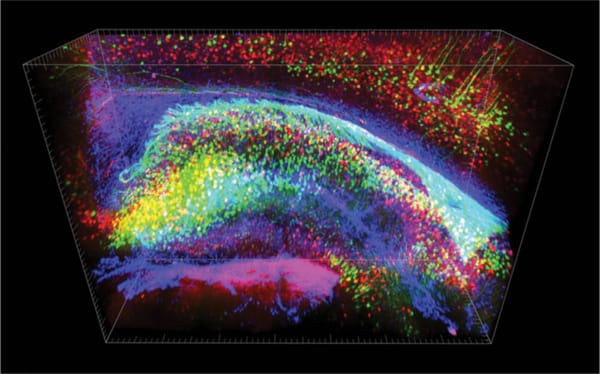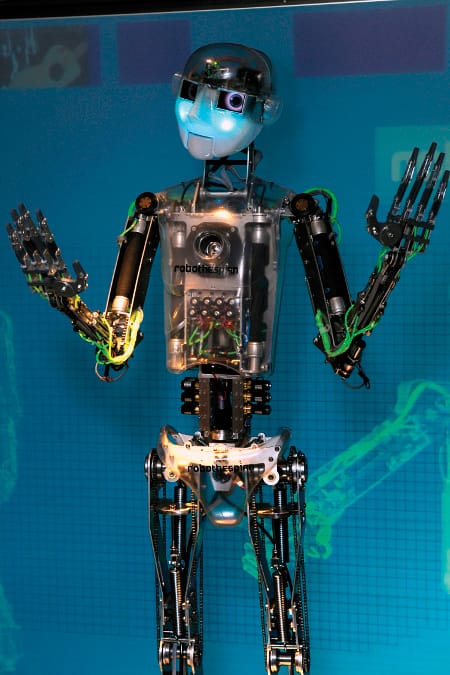Intelligent Robots to take over the operating theatre?
In ten years time a doctor may no longer be prodding around inside you
Would you trust a robot to operate on your brain? Why not? Robotic neurosurgery can provide a less painful, less dangerous and less invasive alternative to traditional open methods.
Under the guidance of Professor Lord Darzi and Professor Yang at the Hamlyn Centre for Robotic Surgery here at Imperial College London, academics are pioneering a truly revolutionary approach to neurosurgery using keyhole techniques.
Keyhole surgery is performed through unconventionally small incisions using a light source, a camera and a television monitor and is at the moment used to carry out surgical procedures in the abdomen or the pelvis.
However, Imperial academics have recognised the potential for this concept to be applied to the brain, and are in the midst of developing a robotic platform for keyhole neurosurgery. This approach is extremely promising, with advantages including reducing the length of the incision, reducing the size of the bone flap and reducing exposure and manipulation of healthy brain tissue.
The ultimate goal of the robotic platform is to “integrate advances in endoscopy, image guidance and articulated instruments to enhance the feasibility, safety and effectiveness of operations”, says Hani Marcus, a Clinical Fellow in the Hamlyn Centre.
The use of robots to perform surgery has its roots in the use of a modified Puma 560 industrial robot in 1985 to guide a brain biopsy.
More recently the da Vinci robot, a telesurgical system whereby the surgeon remotely controls the robots actions, has allowed surgeons to performoperations that were previously considered too difficult to safely perform through keyhole approaches, such as the treatment of prostate cancer.
Other developments include the i-snake, a snake-like device which can wiggle its way through to inaccessible areas and Acrobot's robot for hip replacement surgery.
Dr Brittain of the UK Medicines and Healthcare Products Regulatory Authority says "it is inevitable that within the next 10 years, we won't be putting the surgeons hand in a patient’s body anymore." Are intelligent robotics really the future for surgery?









